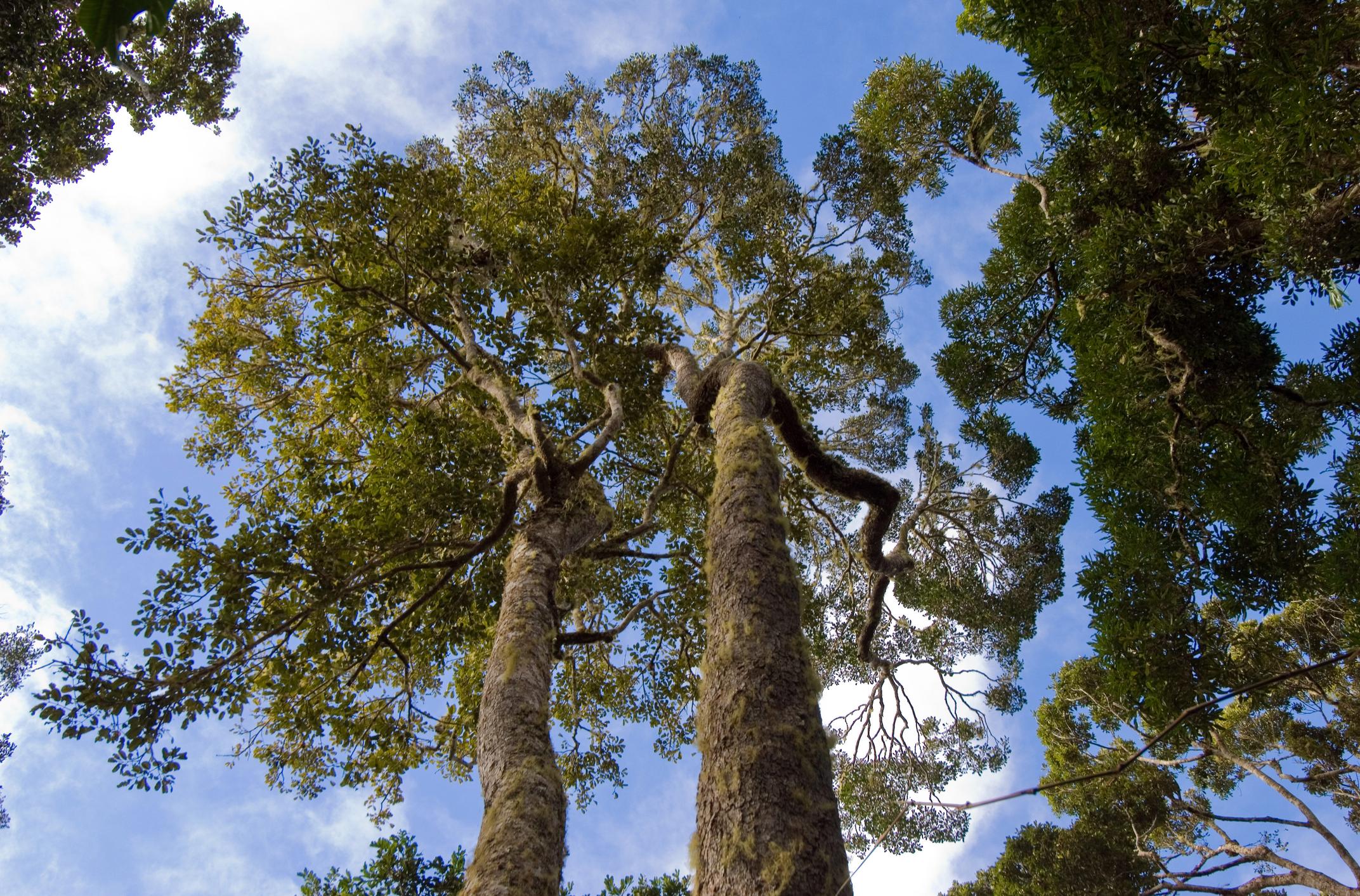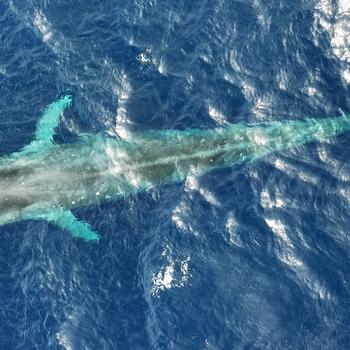The world has finally woken up to a truth we have known for decades: People need nature.
At least that’s how I felt reading this letter in The Guardian signed by the activist Greta Thunberg, journalist George Monbiot and an impressive group of world-renowned scientists, academics, artists and activists. As they put it, “Defending the living world and defending the climate are, in many cases, one and the same.”
This truth is at the heart of our work at Conservation International. If we have any hope at all of stopping catastrophic climate breakdown — which, to be clear, humans are causing — we need to use natural climate solutions. That means protecting what’s left of our natural world and restoring the parts we’ve systematically destroyed in the pursuit of development and profits.
Too often, “fighting climate change” is synonymous with “no more fossil fuels.” Yes, getting off fossil fuels is necessary, but it’s not nearly enough to actually stop the impending climate catastrophe — and the science proves it. Protecting and restoring tropical forests alone would account for at least 30 percent of the emissions reductions needed to avoid the worst climate scenarios. It seems natural (no pun intended), then, to start there.
The problem is, we keep destroying forests. Deforestation in the Amazon Basin, for example, has surged in recent years — and if Brazil’s new president makes good on his campaign promises, that’s not likely to change. For now, the perceived costs of protecting and restoring forests cannot compete with the short-term economic gains associated with deforestation.
So what can we do? Countries need to keep their forests standing (this can help). They need to stop wiping out the mangroves lining their coasts and doing quadruple duty storing carbon. They need to stop draining their swampy, sulfurous, carbon-dense peatlands. They need to leave the ocean — or at least large parts of it — healthy and resilient.
How do we do that? The letter lays out the problem and the potential solutions, but, understandably, not the work itself. Fortunately, we have a game plan. For example, my organization, Conservation International, has undertaken the world’s largest forest restoration project in the world. We are helping local communities take better care of their forests. And we are working at the highest levels of global policy to give nature a seat at the table.
Saving the planet seems like a monumental, costly undertaking. Thankfully, natural climate solutions make financial sense: They’re the most immediate and cost-effective emissions reduction investments available, far below the costs of many technological solutions to trap and store emissions. And on top of the benefit nature provides to our climate system, it also supports clean air, water and jobs.
This letter is a clarion call. To its authors, I say: We’re right there with you. Now let’s get the rest of the world on board.
Further reading
Shyla Raghav was Conservation International’s climate change lead. Want to read more stories like this? Sign up for email updates. Also, please consider supporting our critical work.



